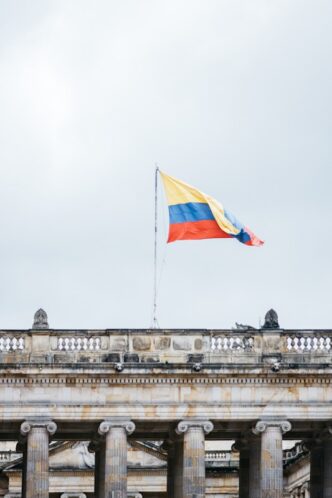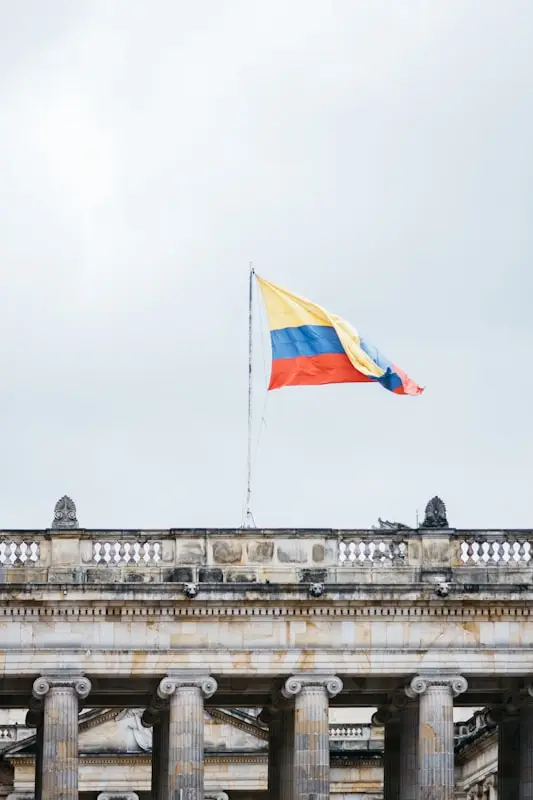Guantánamo Bay Repatriates Nearly 200 Detained Venezuelans
On Thursday, flights coming from Guantánamo Bay, Cuba transported nearly 200 illegal immigrants detained on the island back to their homeland of Venezuela. This unprecedented movement is part of a larger effort to repatriate undocumented immigrants detained in the controversial facility, as the international community continues to pressure the United States over human rights concerns.
The repatriation operation involved extensive logistical planning and coordination between the United States, the host country, and other international entities. The repatriation process has been ongoing, with the aim of resolving the status of hundreds of detained immigrants. This recent wave of repatriations represents a significant milestone in the process, officials say.
Background of Detainees
The returned individuals were part of a larger group of Venezuelans who had been detained at the United States’ Guantánamo Bay detention camp. The camp, which has been in operation since 2002, has been the center of numerous human rights controversies. It was originally established to detain suspected terrorists during the War on Terror, but has since been used to house migrants intercepted while trying to reach U.S. shores illegally.
Most of the Venezuelan detainees had been intercepted at sea in the Caribbean while attempting to reach the United States. They were subsequently detained at Guantánamo Bay due to their illegal immigration status. The repatriation represents a resolution of their status, and it is expected that they will face legal consequences in Venezuela for their attempts to emigrate illegally.
Human Rights Concerns and International Pressure
The Guantánamo Bay detention camp has long been a source of controversy and criticism. Human rights organizations and international bodies, including the United Nations, have repeatedly condemned the conditions of the camp and the treatment of detainees. Critics argue that the detention without trial of individuals suspected of terrorism, as well as the treatment of immigrants, constitutes a violation of international human rights law.
The repatriation of these nearly 200 Venezuelan detainees comes in the wake of increasing international pressure on the United States to close the Guantánamo Bay facility. The U.S. government, under the administration of President Joe Biden, has expressed a commitment to closing the facility, but has not yet outlined a concrete plan for doing so.
The Repatriation Process
Repatriation operations such as this require extensive coordination between multiple parties. In this case, the U.S. government worked closely with the Venezuelan government and other international entities to ensure a smooth process. The International Organization for Migration (IOM) provided assistance in arranging the flights and facilitating the return of the detainees to their home country.
The United States government has stated that it will continue its efforts to repatriate the remaining detainees at Guantánamo Bay. The process is complex and slow-moving, with many legal and logistical challenges to overcome. However, the successful return of these Venezuelan nationals represents a significant step forward in this ongoing process.
As the international community continues to apply pressure, the fate of the Guantánamo Bay detention camp remains uncertain. Yet, for the nearly 200 Venezuelans who were returned to their homeland on Thursday, their long journey has come to an end. The repatriation operation represents not only a significant logistical achievement, but also a step towards resolving human rights concerns associated with the detention facility.















